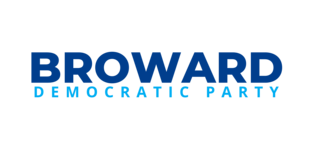Florida Gov. Rick Scott’s 2012 voter purge violated federal law, court rules
Steve Bousquet, Tampa Bay Times/Herald Tallahassee Bureau
Tuesday, April 1, 2014 7:48pm
TALLAHASSEE — Florida Gov. Rick Scott’s administration violated federal law by trying to remove noncitizens from the voter rolls too close to the 2012 presidential election, a federal appeals court ruled Tuesday in calling the mistake-prone effort “far from perfect.”
The decision by a three-judge panel of the 11th U.S. Circuit Court of Appeals in Atlanta invalidated efforts by the Department of State to identify and remove noncitizens from the voter rolls in advance of an election in which a Florida victory was crucial to President Barack Obama’s re-election.
Federal law prohibits states from “systematic” removals of voters less than 90 days before a federal primary or general election.
Judges said they ruled in a case that might otherwise be moot to prevent Scott’s administration from undertaking a future purge effort.
“This is a big win for Florida voters and a significant victory for good election administration practices,” said Deirdre Macnab, president of the League of Women Voters of Florida, which joined the case on the plaintiffs’ side. “Systematic computer purges are often wrong so they shouldn’t come just before an election, when the voter can’t get it corrected. … This is a precedent-setting case that upholds a key protection for voters.”
